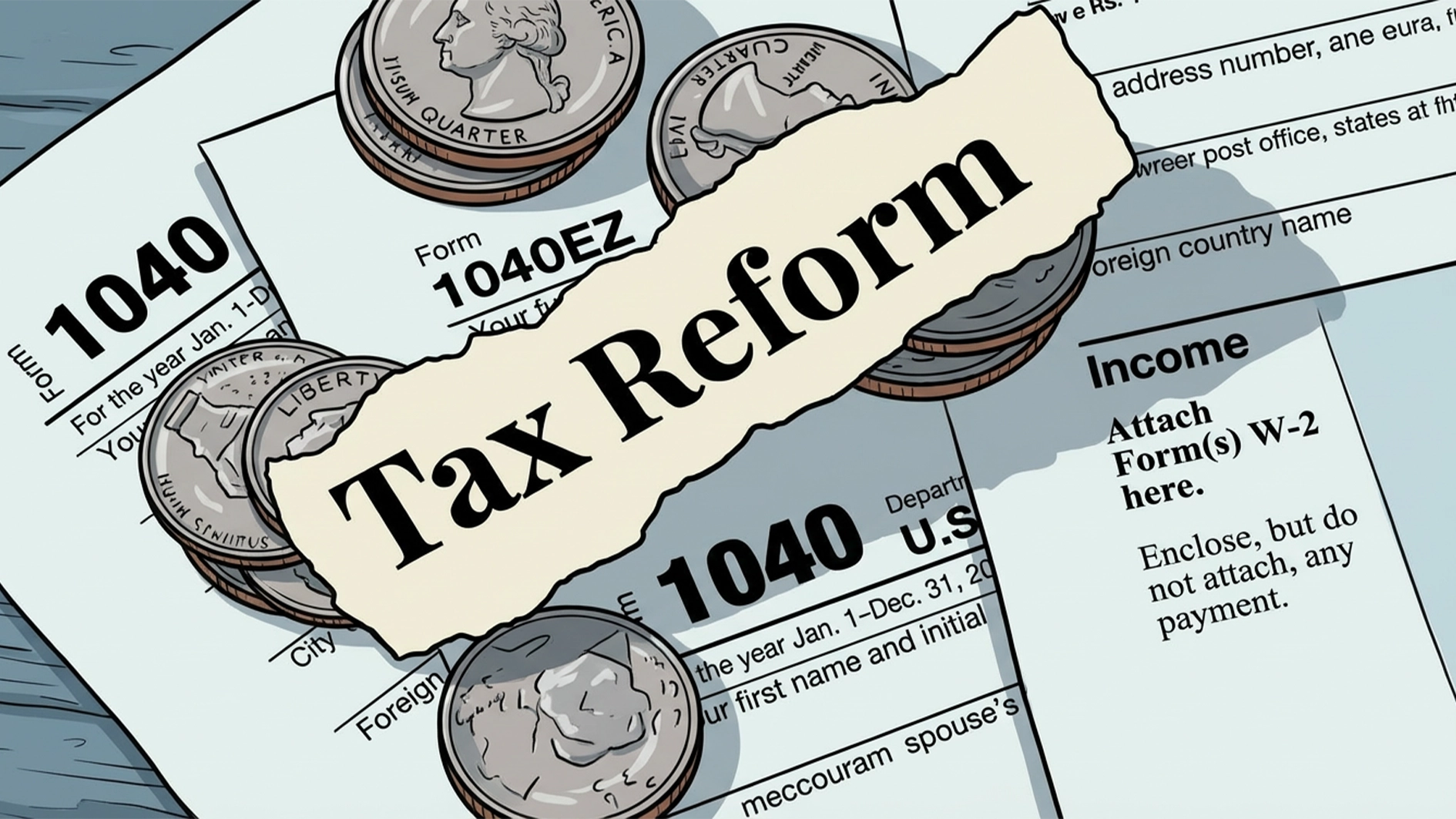The Executive Director of PowerUp Nigeria, Adetayo Adegbemle, has called on the Federal Government to prioritise bringing industries and manufacturers back to the national grid as a key step towards stabilising electricity supply, reducing costs and driving economic growth.
Adegbemle, in a chat with The Guardian, said Nigeria cannot achieve affordable power or industrial expansion without reintegrating large-scale consumers to the grid.
According to him, manufacturers currently spend billions of naira yearly on alternative energy sources, a cost that is passed on to consumers in the pricing of goods.
“If that money enters the national grid, they can easily give electricity for free to homes because somebody will be paying for it. They can close their eyes and do cross-subsidies,” he said.
Citing a report that manufacturers spend over N45 trillion yearly on self-generation, Adegbemle said the government must design policies and incentives that make grid power reliable and attractive for industrial users.
“You cannot build the grid on residential consumers. It has to be built on industries and commercial customers. They are the ones that can wake up in the morning and use 500 to 1,000 megawatts at once,” he added.
Adegbemle criticised the current focus on decentralised, small-scale solutions, warning that abandoning the grid in favour of isolated generation will undermine efforts to lower electricity prices.
He urged a review of the Nigeria Electricity Act to keep all states connected to the national grid, stressing that the centralised system remains the most efficient way to move energy in large volumes and reduce costs.
On the recurring metering challenges, Adegbemle faulted federal metering schemes for being ineffective and riddled with vested interests. He argued that government interventions often serve as “avenues for a few people to make quick money” and called for private sector-led solutions through a meter franchising model. This, he explained, would allow investors to take responsibility for metering designated areas, recover costs from users, and protect their investments from bypass and vandalism.
Adegbemle also expressed concern over Enugu state’s recent decision to cut electricity tariffs, describing it as investor-unfriendly and unsustainable. He warned that applying subsidies without a clear funding plan could discourage private participation in the sector.
“Investors want to see where they can make their money back. If they are not assured of that, they will simply stay away,” he said.
While acknowledging the Federal Government’s efforts to reduce subsidy exposure by introducing cost-reflective tariffs for Band A customers, he insisted that removing all subsidies from the electricity market is necessary to attract the level of investment required.
He further criticised the lack of a clear, integrated energy policy, noting that the current national plan focuses heavily on renewables without addressing the urgent need to power industries. “For a country that wants to industrialise and provide jobs for over 250 million people, the priority should be strengthening the national grid and getting manufacturers back on it,” he said.
Adegbemle urged policymakers to take bold, coordinated steps, pointing to South Africa and Egypt as examples of countries aligning energy policies with industrial and economic goals. “We need a power sector that works, not a piecemeal approach that breaks everything into small, unsustainable bits. The national grid must come first,” he said.






